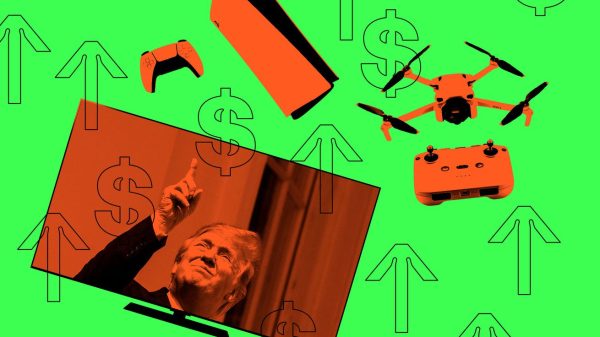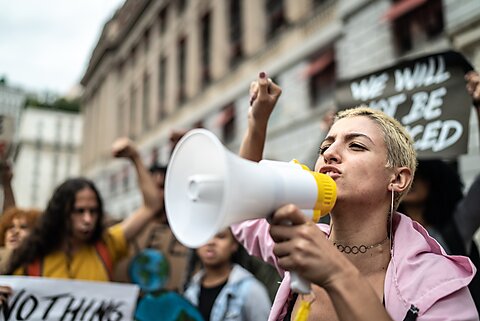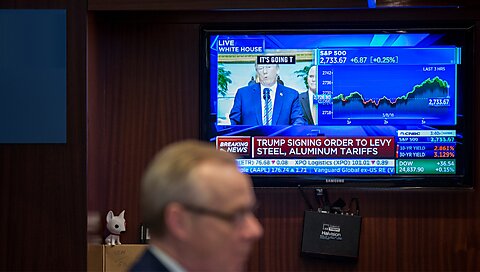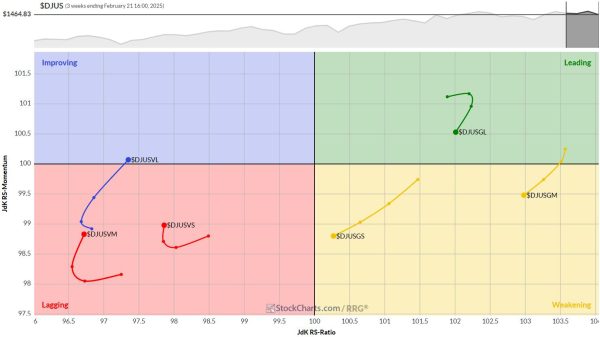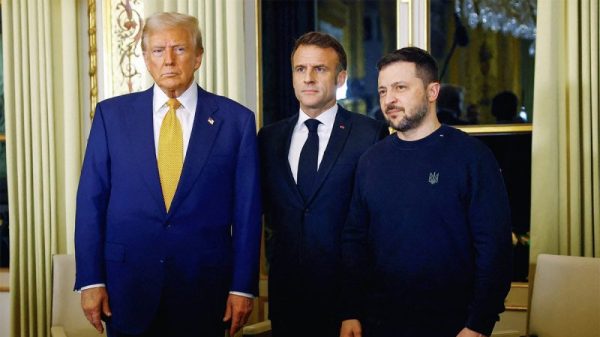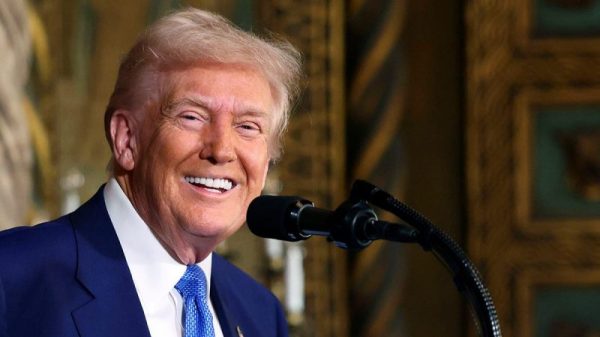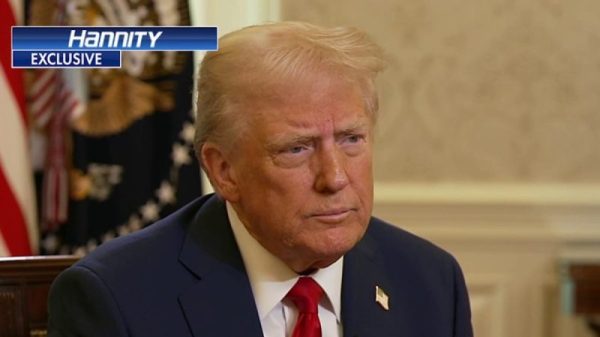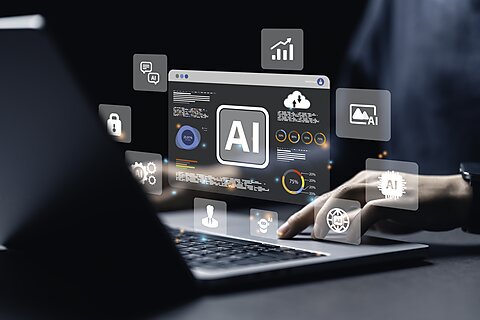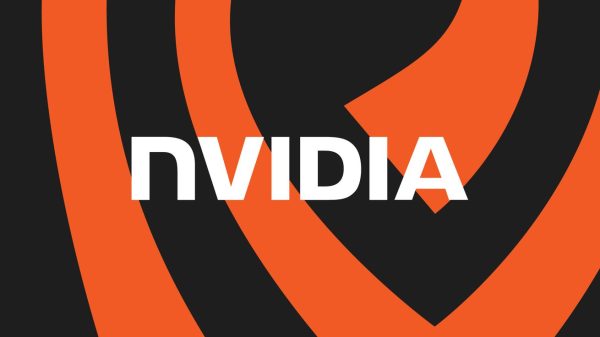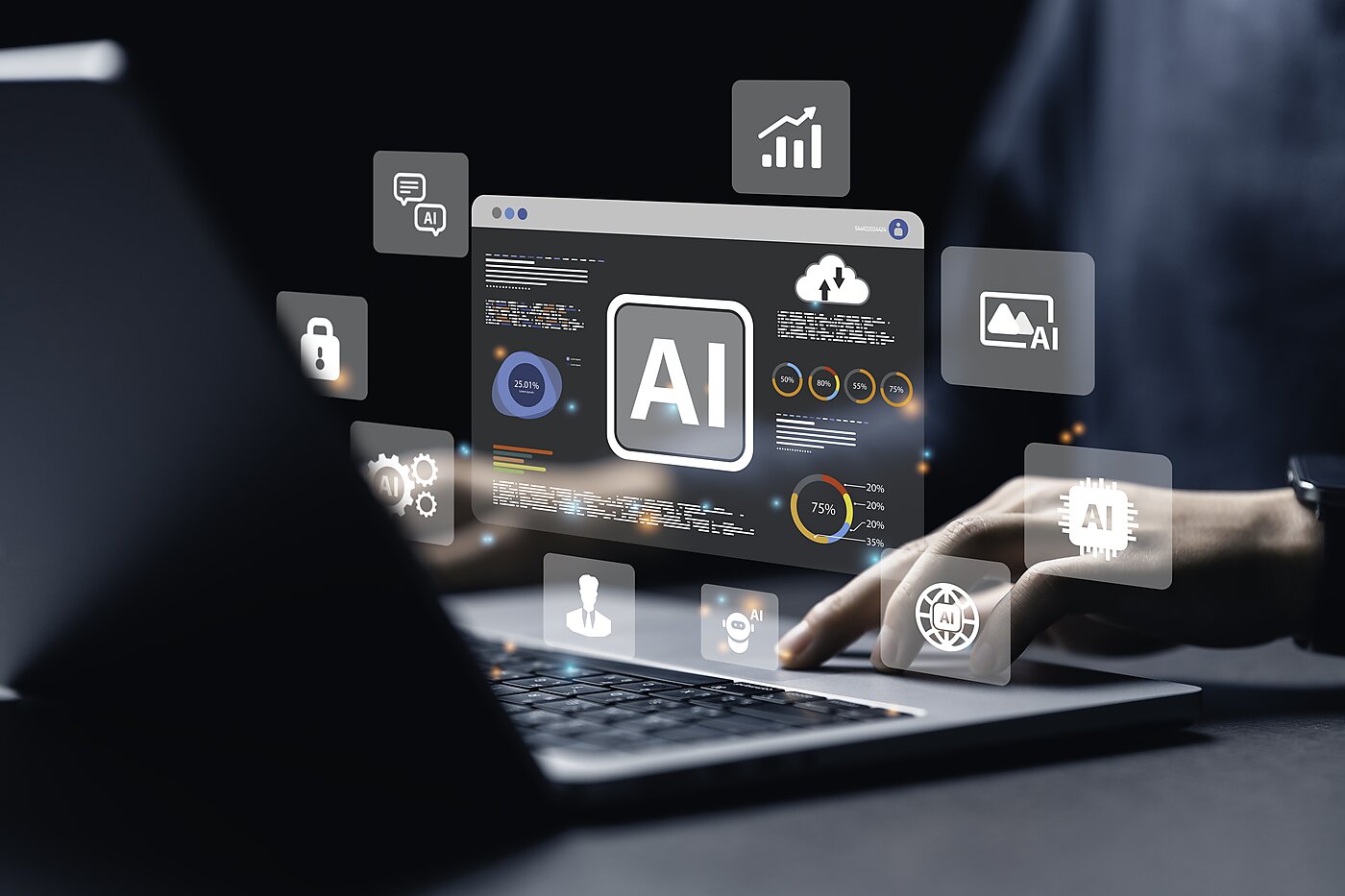
This blog is part of a series on technology innovation and free expression.
On December 5, President-Elect Trump announced that entrepreneur, venture capitalist, and ALL-IN Podcast co-host (i.e., “bestie”) David Sacks will be the “White House A.I. & Crypto Czar.”
An underappreciated feature of this czardom is that AI and crypto will be part of the same portfolio. While there are straightforward reasons the technologies might be joined—they’re both “emerging” and command a great deal of VC (venture capital) and media attention, for example—the pairing carries deeper significance.
Specifically, the properties of AI and crypto (in different ways) counsel in favor of an American tech policy that prioritizes decentralization of capabilities and governance. The Trump administration and the 119th Congress should embrace decentralized tech’s potential to advance American competitiveness.
In 2018, Peter Thiel—an early intellectual partner of Sacks—famously observed that “Crypto’s decentralizing. AI is centralizing,” or in other words, “crypto is libertarian and AI is communist.” This important conception of the technologies’ tendencies, though, should not be confused with a normative statement about the policy responses they demand. To the contrary, Thiel went on to say that, “if you look at the Chinese Communist Party, it loves AI and hates crypto,” and also, “there probably are ways that AI could be libertarian,” but those are harder to realize.
The US should lean into crypto’s decentralizing tendencies and encourage AI’s most libertarian path. Decentralization—i.e., the devolution of control—is the most compatible with American values. It is the principle behind the Constitution’s separation of powers and federalism. And it suits America as a self-governing republic, as opposed to an infantilized populace requiring bureaucratic permission at every turn.
In the financial context, decentralization captures the idea that managerial and intermediary risks can be mitigated by technology that operates autonomously, is not subject to a single entity’s discretionary control, and allows individuals to self-custody their own assets. These features make crypto an alternative to an intermediated financial system plagued by politically motivated debanking.
Protecting this future begins with ending the Biden administration’s de facto ban on crypto. It continues with ensuring that regulators do not maintain discretionary veto authority over new financial tools and do provide practical legal pathways for crypto projects to stay onshore.
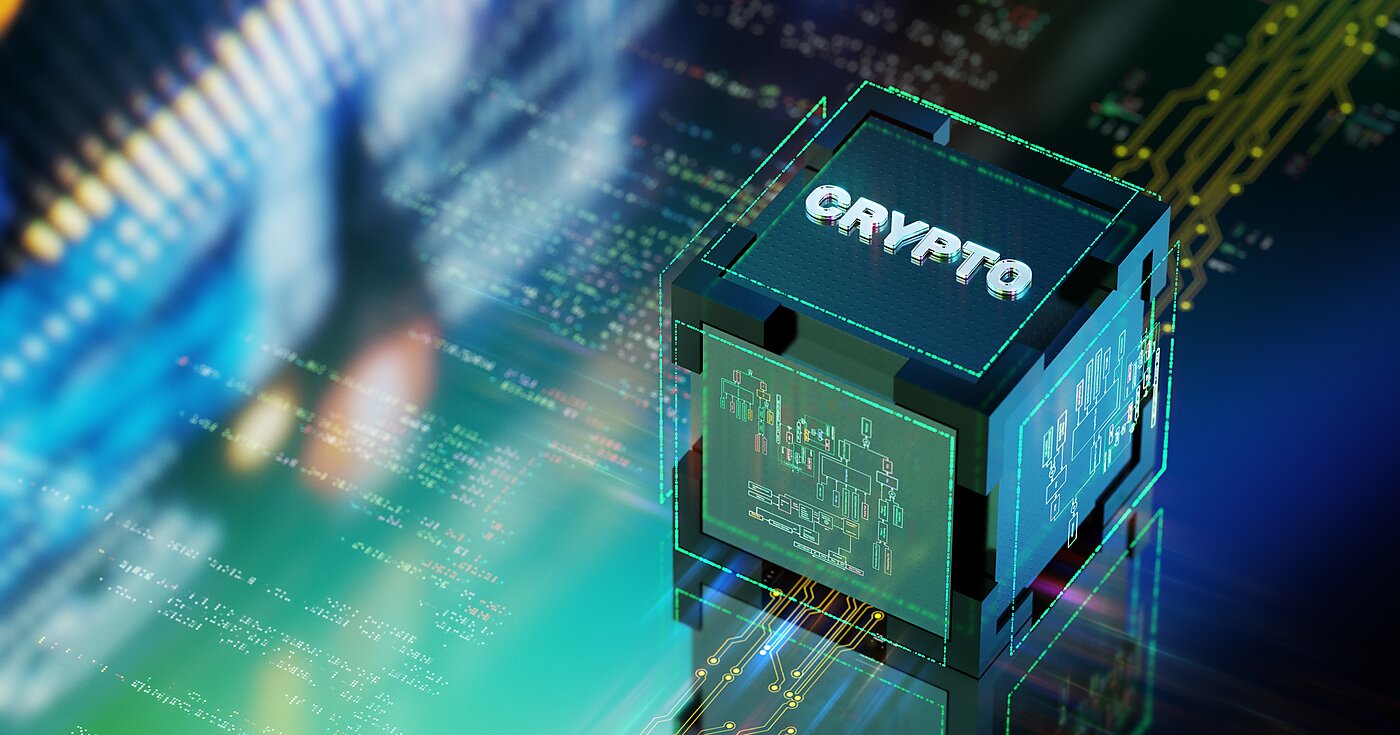
In the AI context, decentralization means avoiding the technology’s capture by a narrow cartel enforced by an ideologically captured bureaucracy. It also emphasizes AI’s potential as a tool for Americans’ self-reliance, diffusing expertise out of centrally gatekept institutions.
Encouraging this future begins with keeping open-source AI an American strong suit. It means avoiding a 50-state legal patchwork that suffocates AI with unmanageable compliance burdens. Further, it means ensuring a liability regime that follows the practical wisdom of common law principles, so developers are not on the hook for unforeseeable risks and consumers can permissionlessly use quality AI experts.
Placing AI and crypto together is far-sighted, as the technologies stand to be complementary. AI represents digital abundance (generating vast amounts of content) and crypto represents digital validation (verifying the provenance of content and value transfers). The latter likely will be key to living with the former. For one futuristic example, where AI agents serve as users’ remote workers, equipping those agents with crypto wallets can make them useful and keep them honest. Money damages have incentivized pro-social behavior from humans for centuries; AI agent-specific cryptocurrencies (and special purpose arbitral fora) can help do the same for bots.
Uniting AI and crypto in the same portfolio is an opportunity for crypto’s decentralizing tendencies to rub off on AI, and for tech policy to go full steam ahead on decentralization. America’s future and freedom depend on seizing that opportunity.


